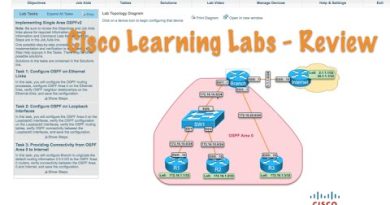IPv6 for Embedded Developers used to IPv4
IPv6 for Embedded Developers used to IPv4 – Thiago Macieira, Intel
IPv6 is the evolution of the Internet Protocol and was created in the late 1990s when it was clear that the then-current version (IPv4) would run out of available addresses soon. Soon after, software was converted to handle IPv6 and the all service providers began offering IPv6 connectivity. Right? Not really. It’s been a chicken-and-the-egg problem: no apps supports it, so ISPs don’t support it, so no apps supports it. This session will go over the basics of IPv6, how it differs from IPv4 and what application developers should be aware of. It will go over the basic socket API and provide instruction for developers on how to write software capable of both IPv4 and v6, seamlessly. It will then discuss how application protocols can benefit of the expanded address space, multicasting abilities, header compression in mesh networks and other technology not available in IPv4.
About Thiago Macieira
Thiago Macieira holds a double degree in Engineering and an MBA. He has been involved in several Open Source projects for over 15 years and is an experienced C++ developer, having spent the better part of the last 10 years developing Qt and Qt-based software. In the last two years, he’s also been working closely with C++ committee members in discussing and improving the suggestions for upcoming language features. He has been involved with many Open Source projects in the last 10 years and today works for Intel’s Open Source Technology Center.
ipv4



